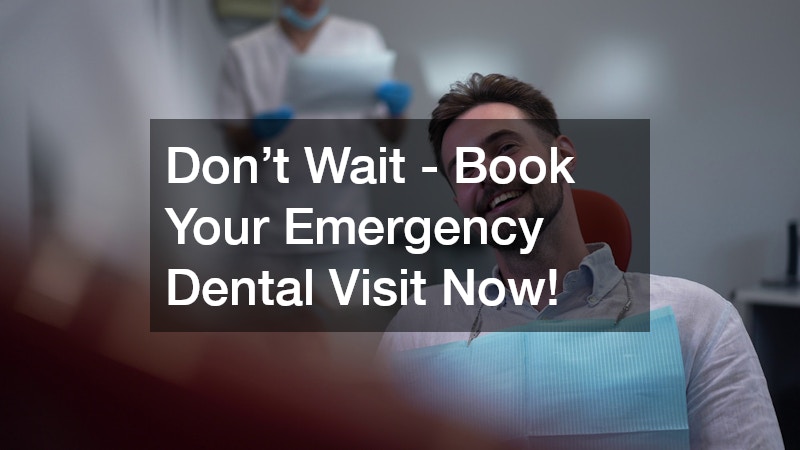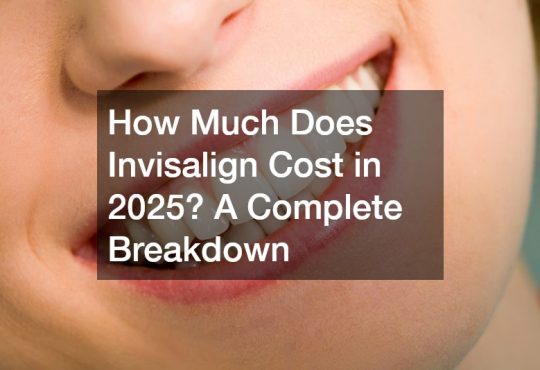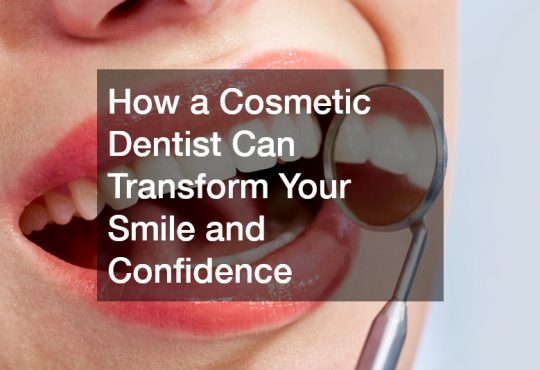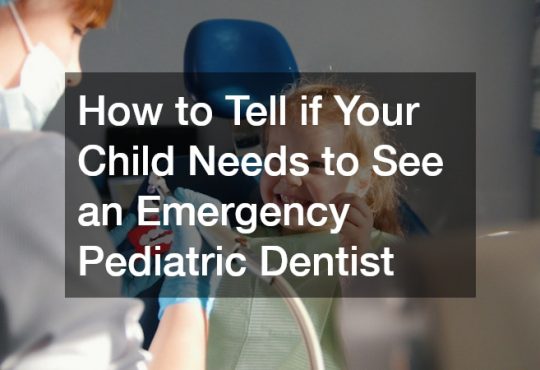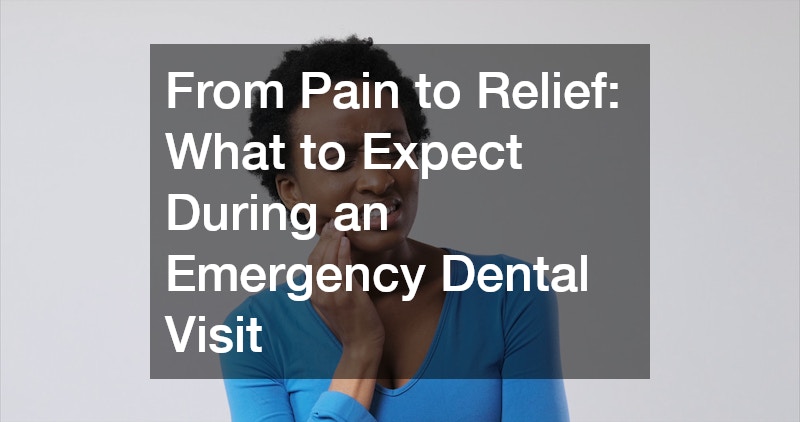
From Pain to Relief What to Expect During an Emergency Dental Visit
Disclaimer: The material provided is designed to inform readers about oral health and preventive care. It should not be considered medical advice. Consult a registered dentist for guidance specific to your oral health needs.
Introduction
Video Source
How do I know if I need an emergency dental visit?
Understanding Dental Emergencies
A dental emergency is any situation involving oral health that requires immediate attention to alleviate severe pain, stop bleeding, or prevent tooth loss. Conditions that typically prompt emergency visits include unbearable toothache, broken teeth, and infections that affect breathing or swallowing. Being aware of these emergencies helps in quick decision-making and prevents complications that could arise from delayed treatment.
Signs and Symptoms to Watch For
Key symptoms indicating the need for an emergency dental appointment include severe pain, swelling, and bleeding that cannot be controlled. Additionally, if you experience a lost filling, crown, or a sudden injury to your mouth or jaw, it is crucial to seek immediate care. Prompt attention to these signs can significantly improve the outcome of your dental health.
When to Seek Immediate Care
It can be challenging to determine when a dental issue requires urgent attention, but when in doubt, consulting a dental professional is advisable for guidance. Most dental practices have emergency lines or after-hours services to assess the urgency of your situation. Taking decisive action promptly can prevent the escalation of health concerns associated with dental emergencies.
What should I expect during the dental examination?
Initial Assessment and Evaluation
Upon arrival at the dental clinic, an emergency visit typically begins with an initial assessment by dental staff. They will ask a series of questions to document your medical history and the nature of your current condition. This initial evaluation helps prioritize treatment and ensures that severe issues are addressed without delay.
Diagnostic Tools and Techniques Used
During the examination, diagnostic tools such as X-rays and oral exams are employed to obtain a clearer picture of the underlying problem. These technologies enable dentists to accurately identify issues such as fractures, infections, or cavities that are not visible to the naked eye. With precise diagnostics, dental professionals can formulate effective treatment plans tailored to your needs.
Communicating Your Symptoms Clearly
Clearly communicating your symptoms to the dental team is crucial for an accurate diagnosis and effective treatment. Describe the intensity, location, and duration of your pain, as well as any triggers or relievers. Providing detailed information allows the dentist to assess your condition accurately and offer the appropriate interventions.
What are common treatments provided during an emergency dental visit?
Pain Management and Relief Options
Pain relief is often the immediate focus during emergency dental visits, as alleviating discomfort can significantly improve patient comfort. Methods may include administering local anesthetics, prescribing painkillers, or using sedatives for more complex procedures. Effective pain management aids not only in comfort but also in facilitating smoother dental procedures.
Standard Emergency Dental Procedures
Common procedures during an emergency visit may include fillings, extractions, or root canal treatments, depending on the diagnosis. For instance, a filling might be necessary to repair a cavity causing pain, while broken teeth could require extraction or repair. These treatments address the immediate issue and prevent further complications that could necessitate more extensive care.
Aftercare and Follow-up Treatment
Following initial emergency treatment, proper aftercare and potential follow-up visits are essential for maintaining long-term dental health. Dentists provide specific instructions for at-home care, including maintaining oral hygiene and managing any discomfort after treatment. Regular follow-up appointments may be necessary to monitor the healing process and provide additional interventions as needed.
Preventive Measures to Avoid Future Emergencies
Regular Dental Check-Ups
Regular check-ups with your dentist are essential for maintaining oral health and detecting potential problems before they escalate into emergencies. These visits allow for the timely detection and treatment of issues such as cavities or gum disease. Preventive care helps reduce the risk of unexpected dental emergencies by maintaining overall oral health.
Maintaining Good Oral Hygiene
Good oral hygiene practices, including brushing twice a day, flossing, and using mouthwash, play a significant role in preventing dental emergencies. These habits help remove plaque and bacteria, thereby minimizing the risk of decay and infection. Adopting a comprehensive oral care routine helps reduce the likelihood of experiencing discomfort that necessitates emergency care.
Protective Measures for Teeth
Using protective gear, such as mouthguards, during sports or nighttime activities can prevent injuries that lead to emergency dental visits. Mouthguards protect your teeth from trauma during physical activities and help prevent issues such as cracks or dislodged teeth. Investing in proper protective measures is a proactive step towards avoiding unnecessary pain and dental emergencies.
Conclusion
An emergency dental visit can be daunting, but understanding the process prepares you for what lies ahead. By recognizing when to seek help, understanding what to expect during the visit, learning about common treatments, and adopting preventive measures, you can better manage your dental health and reduce the likelihood of future dental emergencies. Being informed empowers you to make decisions that promote lasting oral health and peace of mind.
